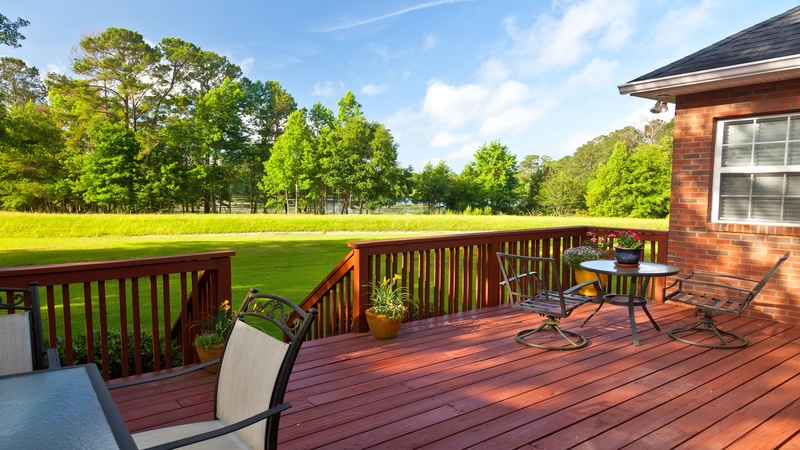Homeowners replacing their kitchen countertops in San Jose for a remodel or a new build have an exciting choice to make. There are dozens of beautifully finished types of natural stone countertops to consider. Before installation, homeowners are told that some kitchen countertops will need to be sealed once a year. What types of stone counters need sealing and why?
Characteristics of Natural Stone Countertops
Granite and marble are the most popular of the natural stones used in kitchen countertops. Granite is an igneous rock that is hard and porous. While it’s not as porous as other natural stone, it is still absorbent. Marble is made from limestone that has been exposed to high heat and pressure. It is more porous than granite and stains easily. These types of natural stone require sealing once a year so that they won’t absorb liquids from food prep. Bacteria can hide in the nooks and crannies as well.
Slate is a metamorphic stone comprised of clay and shale. Extremely porous, slate should be sealed, or it will stain or absorb fluids from acidic foods like tomatoes. It should also be sealed to keep out harmful bacteria.
Onyx is a soft, very porous form of quartz that comes in many colors. It should be sealed once a year so that it doesn’t absorb staining liquids and bacteria.
Concrete and quartz are popular materials used in kitchen countertops in San Jose. Concrete should be sealed just like natural stone to keep out staining liquids and bacteria. Quartz is one of the hardest countertop materials and needs no sealing. It won’t stain easily nor harbor bacteria.
Acidic foods can etch natural stone counters. While no one is purposely going to drop something heavy on your countertops, accidents can cause chips. Prepping food with knives may also scratch your counters. For healthy maintenance, sealing your natural stone counters is highly recommended.
Like us on Facebook for more updates.


